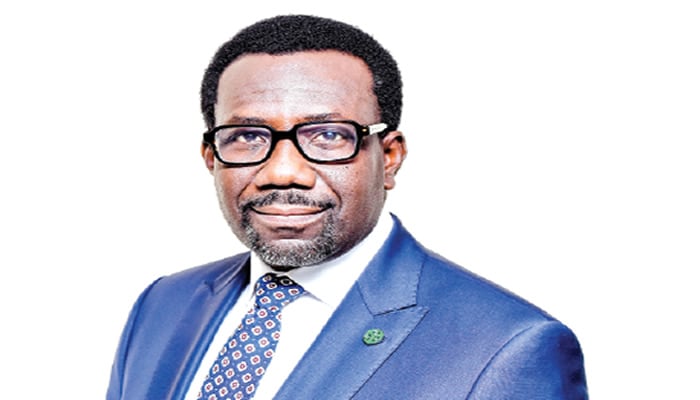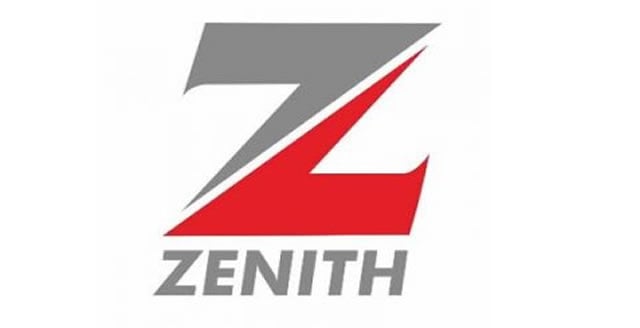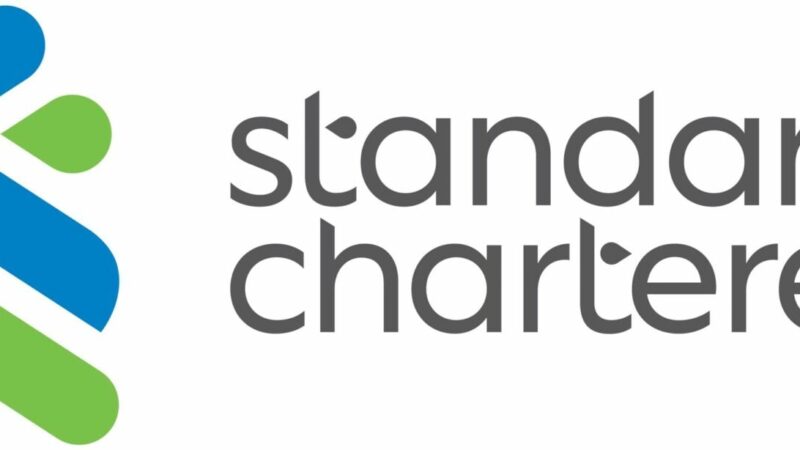Investment tips to outpace inflation
 Navigating personal finance in Nigeria comes with unique challenges. From fluctuating income levels to inflation and an unpredictable economy. Building financial stability requires careful planning, informed decision-making, and adaptability.
Navigating personal finance in Nigeria comes with unique challenges. From fluctuating income levels to inflation and an unpredictable economy. Building financial stability requires careful planning, informed decision-making, and adaptability.
However, despite these hurdles, Nigerians can take charge of their finances by mastering savings strategies and expert guidance to secure their financial futures amid Nigeria’s economic realities.
Understanding Nigeria’s financial landscape
Nigeria’s economy has faced persistent inflation, currency devaluation, and high unemployment rates in recent years.
Nigeria’s inflation rate rose for the third straight month in November 2024, soaring to a near 30-year high of 34.6 per cent, up from 33.9 per cent in the prior month, eroding purchasing power and increasing the cost of living.
Meanwhile, these economic challenges make it essential for Nigerians to adopt financial strategies that not only address immediate needs but also pave the way for long-term security.
Key strategies for effective financial management
Prioritise emergency savings
An emergency fund is the foundation of financial security. It provides a safety net for unexpected expenses, such as medical emergencies, job loss, or sudden repairs.
Uche Eze, a certified financial advisor and author of Smart Money for Nigerians, stresses the importance of starting small:
“Building an emergency fund doesn’t require a large income. Start by saving 10 per cent of your earnings monthly, even if it’s modest. Over time, this habit builds a buffer against financial shocks.”
Emergency savings should ideally cover three to six months of essential expenses and be kept in accessible, high-interest savings accounts like those offered by PiggyVest or Cowrywise.
Budgeting: A non-negotiable habit
Budgeting helps track income and expenses, ensuring that spending aligns with financial goals.
The envelope budgeting method, popular in Nigeria, involves allocating cash to categories like rent, groceries, and transport to prevent overspending.
An economist and financial literacy advocate, Dr. Tayo Olagunju, said, “A good budget reflects your priorities. Differentiate between needs and wants, and ensure savings and investments are part of the plan.”
He further noted that digital tools such as expense-tracking apps can simplify budgeting for tech-savvy individuals.
Diversify your income sources
Nigeria’s high unemployment and underemployment rates make it crucial to explore multiple income streams.
However, beyond traditional employment, individuals can venture into side hustles, freelancing, and small-scale entrepreneurship.
Also, an expert in financial inclusion, Titi Adebanjo emphasised the opportunities in the digital economy.
“Platforms like Upwork, Fiverr, and even social media enable Nigerians to earn from skills like writing, graphic design, or digital marketing,” she said.
“Small-scale trading and e-commerce can generate steady income,” she added.
Agriculture, an often-overlooked sector, also offers income potential, especially with initiatives that connect small-scale farmers to markets.
Combat inflation through investments
Saving alone may not be sufficient in an inflationary economy. Investing in assets that outpace inflation is crucial for wealth preservation and growth. Common investment options in Nigeria include
Mutual funds: Low-risk funds managed by professionals.
Real estate: Investing in land or property for rental income or long-term value appreciation.
Stocks: Buying shares in profitable companies listed on the Nigerian Exchange Group.
Treasury Bills: Risk-free government securities with fixed interest.
A stockbroker and investment advisor, Olu Adebayo, highlighted the importance of diversification:
“Never put all your money in one investment. Spread it across different asset classes to balance risk and reward,” Adebayo said.
Leverage cooperative societies and credit unions
Community-based thrift schemes, like ajo or esusu, allow members to save collectively and access lump sums on a rotational basis, promoting financial discipline.
Addressing Nigeria’s financial challenges
Rising inflation and currency devaluation
Inflation diminishes the purchasing power of savings. To counteract this, Nigerians should consider savings or investments in stable foreign currencies like the US dollar through domiciliary accounts.
Also, high-yield investments, such as treasury bonds or real estate, also provide protection against inflation.
Limited access to affordable redit
Accessing credit in Nigeria is often hindered by high interest rates and stringent bank requirements. Digital lending platforms like Carbon, Renmoney, and Branch offer alternatives. However, borrowers must evaluate the terms carefully to avoid predatory lending.
Financial illiteracy
A lack of financial knowledge often leads to poor decision-making. Government initiatives, NGOs, and private organisations offer financial literacy programmes to bridge this gap. For instance, the Central Bank of Nigeria’s Financial Literacy Framework aims to empower citizens with money management skills.
Expert tips for financial success
Start early and stay consistent
Financial planning is a lifelong process. Begin with small, achievable goals and remain disciplined. Compound interest works best over time, so starting early maximises returns.
Invest in education and skills
Continuous learning enhances earning potential. Nigerians should explore opportunities to acquire in-demand skills in fields like tech, health, and agriculture.
Plan for retirement
Retirement planning is often overlooked, especially by informal sector workers. The Micro Pension Plan introduced by the National Pension Commission enables workers in this sector to save for retirement in flexible amounts.
Network for opportunities
Building connections can open doors to better job prospects, partnerships, and mentorship. Joining professional associations or attending industry events can be beneficial.
The Role of government and private sector in financial inclusion
Government initiatives
The Nigerian government has implemented policies to promote financial inclusion, such as introducing the National Financial Inclusion Strategy. Programmes like the Anchor Borrowers also support small-scale farmers, helping them access credit and inputs.
Fintech solutions
The rise of fintech companies has revolutionised personal finance in Nigeria. Apps like Kuda, Flutterwave, and Paystack make transactions seamless while providing savings and investment options. Collaboration between fintech firms and regulators ensures these platforms remain secure and accessible.
Real-life success stories
Building wealth through side hustles
Mrs. Nnena Okoro, a 35-year-old teacher in Lagos, said she supplemented her income by selling handmade jewellery online. Using savings from her side hustle, she purchased land, which has now doubled in value.
Okoro stated that her side hustle has helped, especially in meeting other financial obligations her salary could barely handle.
Using cooperative societies for growth







